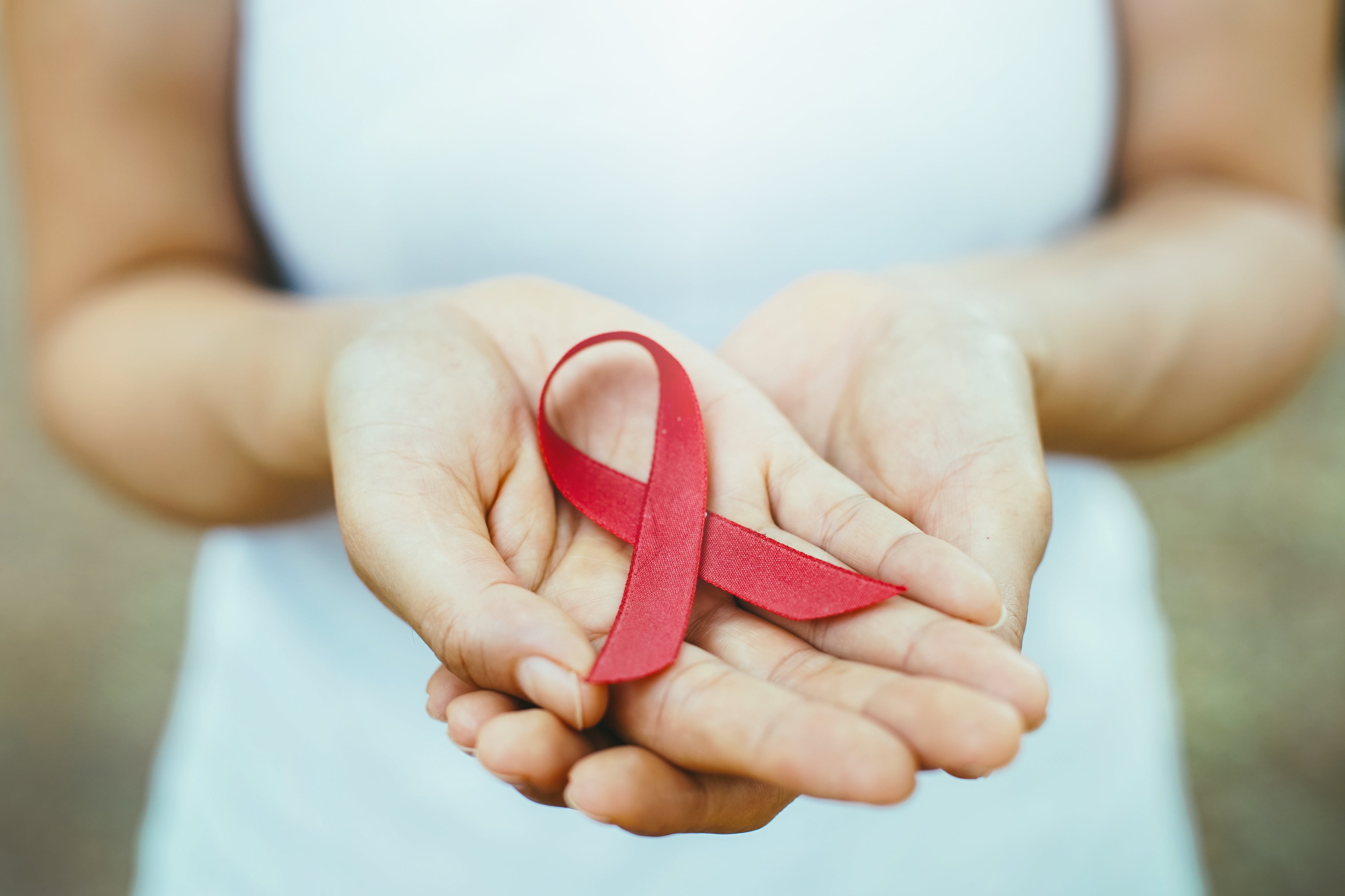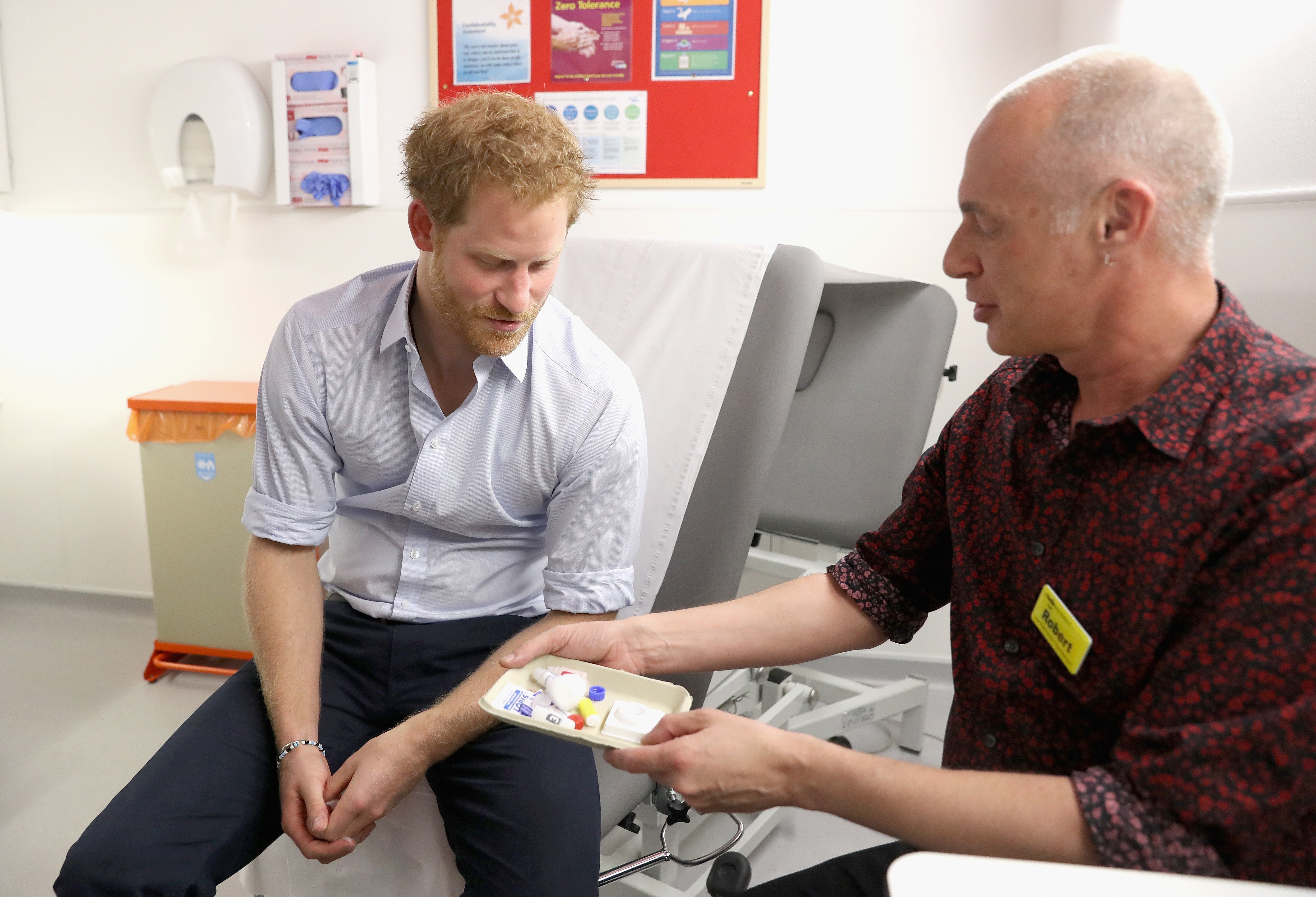National HIV Testing Week: How to get yourself checked for HIV
One in 16 people with HIV are unaware that they have the infection

HIV and AIDS have been more widely spoken about than ever in the last few weeks, with critically acclaimed Channel 4 drama It’s a Sin bringing the AIDS crisis of the 1980s to the fore of public consciousness again.
In 2021, however, an HIV diagnosis need not be feared. People with the infection can have a normal life expectancy and, when receiving the right treatment, they cannot pass it on to others during unprotected sex.
This week is National HIV Testing Week, an initiative run by national programme HIV Prevention England to encourage everyone to get tested for the infection, and to promote regular testing among the groups most at risk (men who have sex with men, and black African people).
According to the programme, an estimated one in 16 people with HIV don’t know that they have the infection, and will spend an average of three to five years not knowing.
Speaking on Good Morning Britain earlier this week, Ian Green, chief executive of HIV charity the Terrence Higgins Trust, said that research by the organisation had found that 80 per cent of adults in the UK have never been tested for HIV.
“HIV has changed a lot since the 1980s, and it affects women and heterosexuals equally as gay men," he said. “We know there’s significant levels of late diagnosis, particularly in women and heterosexual men.”
Those with HIV may not show symptoms for many years, so it’s worth taking a test if you’ve not had one recently.

The National HIV Testing Week campaign is fronted by This Morning’s Dr Raj Singh and carries the slogan “Give HIV the finger”, referring to the finger prick blood test that anyone can take at home to test for HIV.
Testing just requires you to order a free testing kit and return your blood sample by freepost. You’ll then receive your results via text or phone call.
Free at-home testing is offered by different services in different parts of the country but the Terrence Higgins Trust has created a handy tool which allows you to put in your postcode and find out how to order a test in your area.
During the pandemic, most STI clinics are operating fewer in-person services but many are offering advice via video or phone appointment, as well as postal testing services. You can find your local STI clinic on the NHS website here. If you think you may have been exposed to HIV in the last three months, then you should get tested in person, as a postal test may not pick up your infection.
If you’re concerned about having been exposed to the virus, contact your GP or sexual health clinic immediately. They will discuss with you whether you need to take emergency HIV medication to try and stop you from becoming infected. A medicine called post-exposure prophylaxis (PEP) may stop you contracting HIV if taken within 72 hours of exposure. This medication is also available from hospital A&E departments.
If you are diagnosed with HIV, this isn’t the fatal news it would once have been. You’ll be prescribed antiretroviral drugs and told to take one to four pills a day to keep levels of the virus in your body suppressed.
What’s known as the ‘viral load’ of HIV in your blood will be monitored and, after around six months, this usually reaches an “undetectable” level, meaning you cannot pass the virus onto anyone else. You must still continue taking antiretroviral drugs as, without them, your viral load will increase again.
HIV is not something to be ashamed of, nor something that precludes you from living a healthy life, as long as you find out your HIV status. Don’t delay getting a test.
For more information about HIV and HIV testing, visit The Terrence Higgins Trust’s website, tht.org.uk
Subscribe to Independent Premium to bookmark this article
Want to bookmark your favourite articles and stories to read or reference later? Start your Independent Premium subscription today.





Join our commenting forum
Join thought-provoking conversations, follow other Independent readers and see their replies
Comments